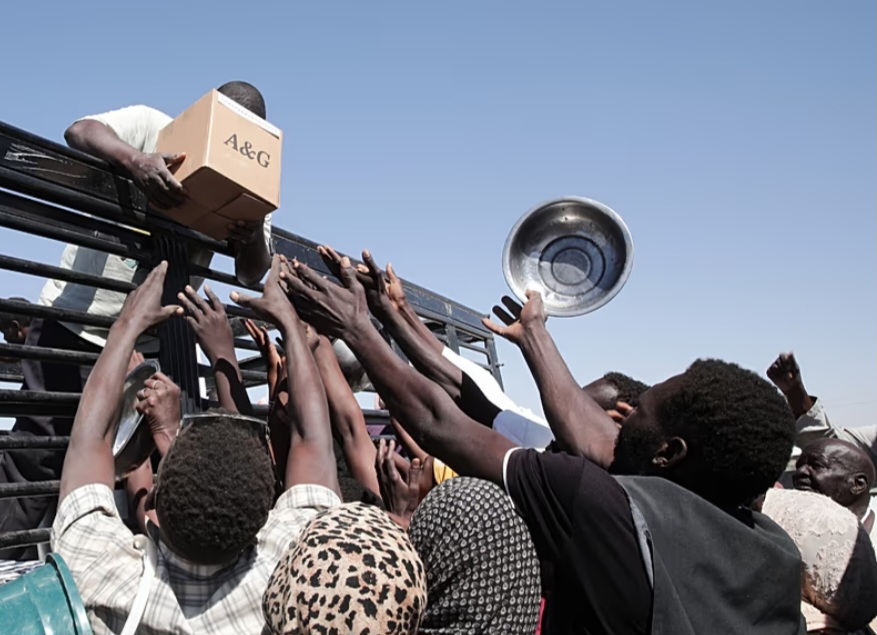
Esther Imonmion
The United Nations Deputy Secretary-General, Amina Mohammed, warned world leaders on Monday that armed conflict and violence are actively driving global food insecurity. Addressing the UN Security Council, she said food “has become a weapon” in conflicts around the world.
“This is the new arithmetic of conflict: when food systems are attacked, weaponized, the impact is global,” Mohammed said. She highlighted deliberate starvation tactics, citing recent incidents in Gaza, and the systematic destruction of agricultural systems in multiple conflict zones.
UN data show that 295 million people faced acute hunger last year — 14 million more than the year before. Mohammed criticized governments for prioritizing “military expenditure rather than putting an end to hunger.”
Gaza, Sudan, and Yemen rank among the regions with the highest levels of acute food insecurity. The Integrated Food Security Phase Classification (IPC) declared famine in Gaza in August and in the Sudanese cities of El-Fasher and Kadugli in November.
The meeting also spotlighted Africa’s worsening food crisis. The African Union Special Envoy for Food Systems described the continent as “the epicentre of global hunger.”
Sierra Leone’s President Julius Maada Bio emphasized Africa’s potential to feed itself and contribute to global food security. “Our continent holds 60 percent of the world’s arable land, the youngest population, and the greatest potential for innovation in sustainable agriculture,” he said. “What we need is not sympathy, but solidarity — to unlock Africa’s power to feed itself and to help feed the world.”
UN officials reiterated the critical role of humanitarian aid in preventing and responding to hunger in conflict-affected areas.
